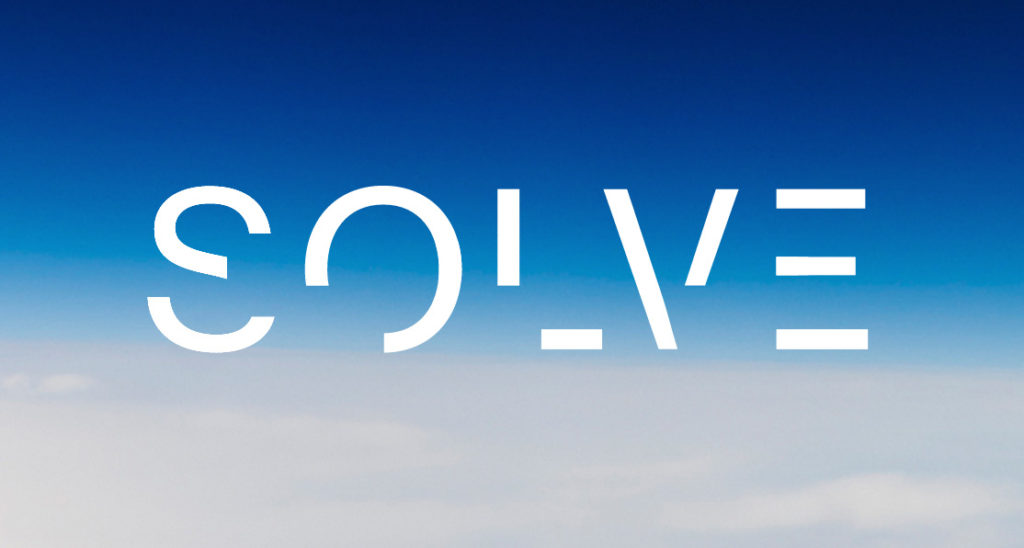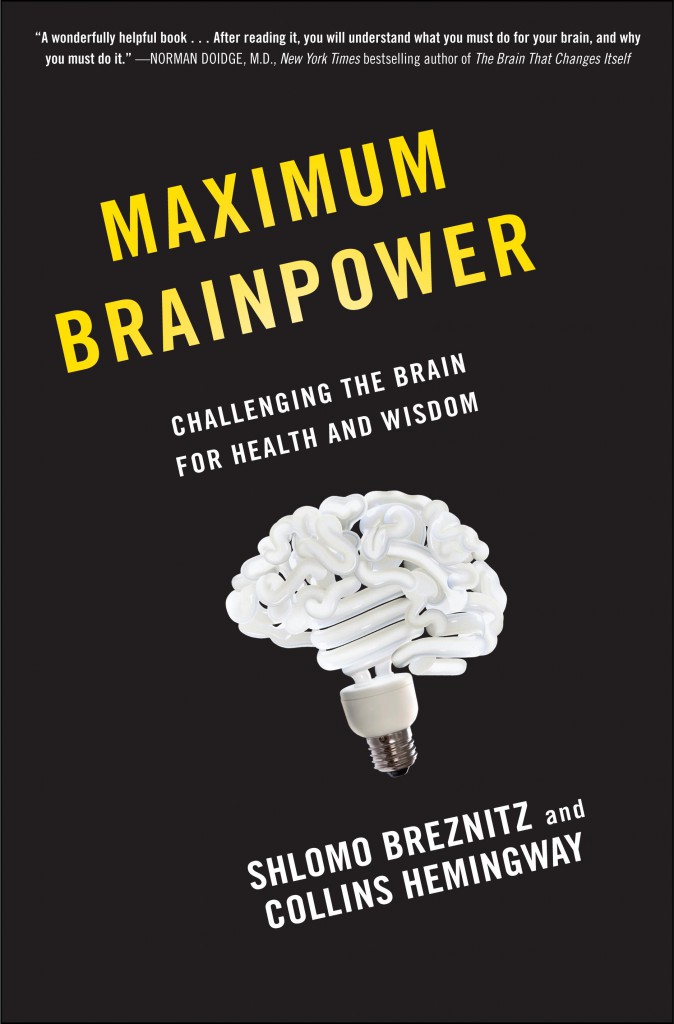Posts Tagged ‘challenge’
MIT Solve launches Brain Health Challenge: How can every person improve their brain health and mental resilience?
— As a Judge and member of the Challenge’s Leadership Team, let me share some relevant news for sharp brains worldwide: MIT Solve (a recent MIT offshoot to identify and accelerate scalable social solutions) has just launched a Brain Health Challenge to address the key question: How can every person improve their brain health and mental resilience?…
Read MoreNavigating The Many Dangers of Experience
As with “expert,” the root of experience is “experiri,” a Latin word meaning “to try out.” People with a lot of experience should be willing to try new things, as their knowledge should provide more context and points of view, enable more exploration of an issue, and minimize risk with decisions. However, highly experienced people…
Read More5 Tips on Lifelong Learning and Neuroplasticity for the Adult Brain
. Learning & the Brain is a conference that gets marked on my calendar annually because I always return home having either been exposed to new information, or with a new perspective on an old topic. Last month’s conference in Cambridge, MA, themed Using Emotions Research to Enhance Learning & Achievement, was no exception. As…
Read MoreBrain Fitness at New York Public Library
A few weeks ago I had the pleasure to give a talk to one hundred or so staff members at New York Public Library. As you would expect, it was a very stimulating group, and one of the participants, Brigid Cahalan, just wrote a fun blog post on her impressions from the event: Brain Fitness at…
Read MoreTowards a Healthy Living & Cognitive Health Agenda
Here you have the November edition of our monthly newsletter covering cognitive health and brain fitness topics. Please remember that you can subscribe to receive this Newsletter by email, simply by submitting your email at the top of this page. Thank you for your interest, attention and participation in our SharpBrains community. As always, we appreciate…
Read MoreImprove Memory and Enhance Post-Stroke Rehab with Exercise
A couple of recent studies have reinforced the lifelong potential for brain plasticity (the ability of the brain to rewire itself through experience) and the importance of physical exercise for cognitive vitality. One study focused on 1) adults over 50 with mild cognitive impairment, the other one on 2) stroke survivors. 1) Memory problems: Adults…
Read More

